GERD and Acid Reflux
Struggling with reflux? This is your comprehensive guide.
If you’re experiencing persistent heartburn or other symptoms of acid reflux, you might wonder if you have GERD. This article provides an overview of GERD, including symptoms, causes, treatment options, and the importance of accurate testing to help you take control of your digestive health.
ALL TEST ARE ACCREDITED & REGULATED BY

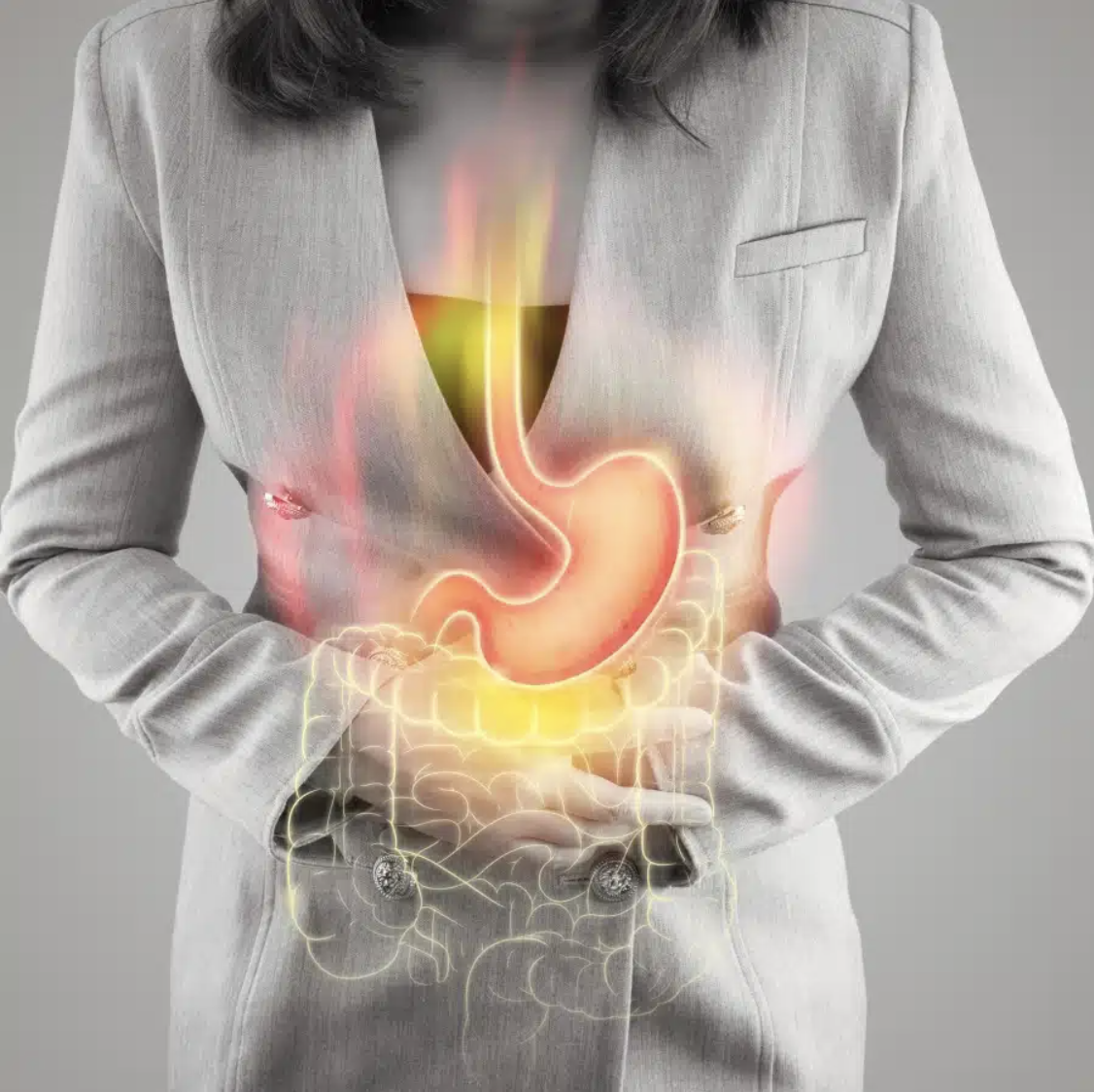

What is reflux (or GERD)?
GERD, or gastroesophageal reflux disease, is a common condition that affects the digestive system. It happens when stomach acid frequently moves back into the oesophagus, the tube that connects your mouth to your stomach. This acid reflux can irritate the oesophagus and, if not treated, may cause problems like inflammation (oesophagitis) or, in rare cases, more serious issues like oesophageal cancer.
It’s important to understand GERD so that you can manage symptoms and protect your health. While occasional acid reflux is normal, frequent or severe episodes should be investigated further to prevent long-term complications.

What are the common symptoms of GERD?
GERD presents with a range of symptoms, some of which may overlap with other conditions. The most recognisable symptom is persistent heartburn, but there are several other signs to watch out for:
Persistent heartburn, especially after eating
Regurgitation of sour liquid or undigested food
A sensation of a lump in the throat
Difficulty swallowing (dysphagia)
Chest pain or discomfort
Chronic cough or hoarseness
If you experience any of these symptoms regularly, it is important to consult a healthcare professional for an accurate diagnosis and treatment plan.

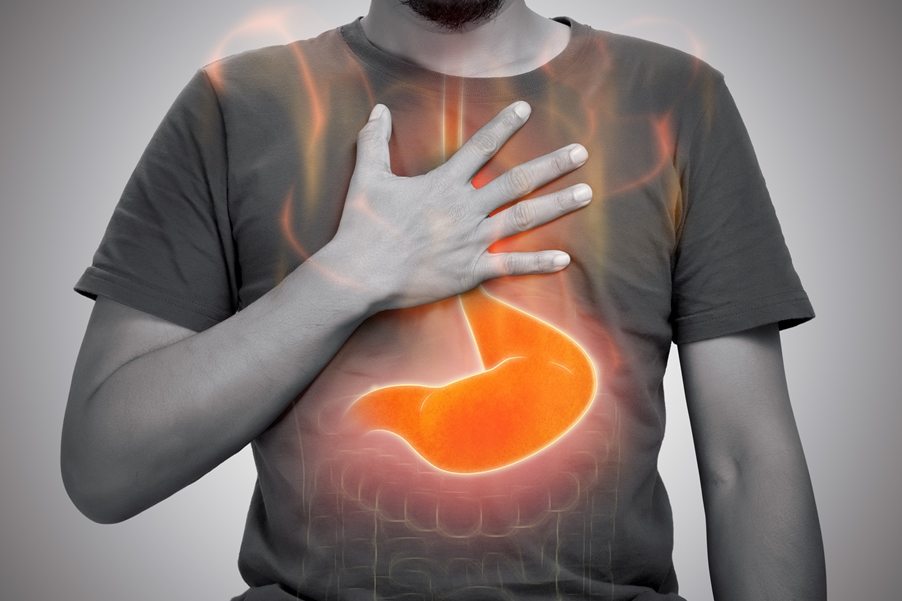

What causes reflux (GERD)?
GERD occurs when the lower oesophageal sphincter —a ring of muscle that closes off the oesophagus from the stomach—fails to function properly. A weakened or relaxed sphincter allows stomach acid to flow back into the oesophagus, causing irritation.
Several factors can contribute to this malfunction, making some people more susceptible to GERD than others. Understanding these causes can help you identify and address potential risk factors.
Obesity or excess weight
Smoking
Pregnancy
Hiatal hernia
Certain medications (e.g., calcium channel blockers, antihistamines)
If you identify with any of these risk factors, making lifestyle changes or discussing them with your doctor could help reduce the likelihood of developing GERD or worsening existing symptoms.
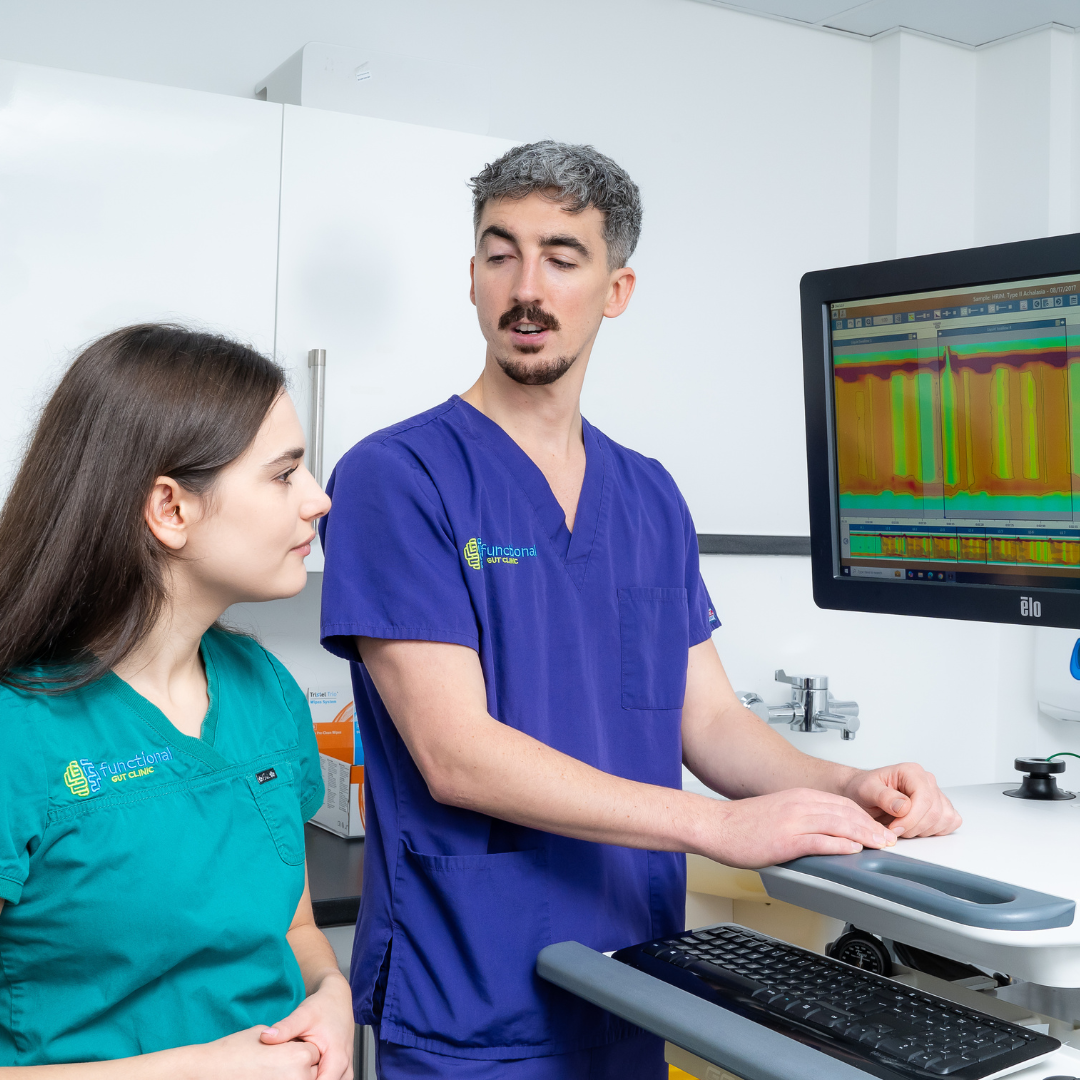
Diagnosing reflux
While recognising symptoms and avoiding triggers is important, accurate testing is the key to effective management. GERD symptoms can mimic those of other conditions, such as peptic ulcers or eosinophilic oesophagitis, so proper testing ensures the right diagnosis and treatment.
Why Testing Matters
Clarity: Testing confirms GERD and rules out other possible conditions.
Targeted Treatment: Results help tailor the most effective treatment plan for your specific needs.
Prevention of Complications: Early diagnosis helps prevent long-term issues, such as Barrett’s oesophagus or oesophageal cancer.
24-hour Reflux testing
Oesophageal Manometry test
At the Functional Gut Clinic, we offer advanced diagnostic tests designed to provide clarity and accurate results. Our modern technology allows you to better understand the root cause of your symptoms and receive a treatment plan tailored to your needs. Whether through a consultant referral or self-referral, our services make it easy to take control of your digestive health.
GERD and acid reflux are manageable conditions when diagnosed and treated appropriately. If you’re experiencing persistent symptoms, consider advanced testing through The Functional Gut Clinic. Speak to your consultant about a referral or self-refer to take the first step toward better digestive health.
GERD vs. Acid Reflux: What’s the Difference?
Many people confuse GERD with acid reflux, but they are not the same. Acid reflux refers to the occasional backflow of stomach acid into the oesophagus, often triggered by certain foods, drinks, or lifestyle choices. GERD, on the other hand, is a chronic condition in which acid reflux occurs frequently, often multiple times a week, disrupting daily life and potentially damaging the oesophagus.
Recognising the difference is crucial, as managing occasional acid reflux may only require minor lifestyle changes, whereas GERD usually needs a combination of medical intervention and lifestyle adjustments. GERD is also sometimes called GORD, especially in British English.


Triggers for GERD and Acid Reflux
GERD symptoms can often be exacerbated by specific foods, drinks, or behaviours. Identifying your personal triggers can play a vital role in managing your condition. While triggers vary from person to person, there are some common culprits that many individuals with GERD should watch out for.
Common Food Triggers
Spicy foods
Fatty or fried foods
Citrus fruits
Tomatoes
Chocolate
Caffeine and alcohol
Lifestyle Triggers
Lifestyle factors can also contribute to GERD symptoms. Modifying these behaviours can reduce the frequency and severity of symptoms:
Eating large meals
Lying down after eating
Wearing tight clothing around the abdomen
By keeping a food and symptom diary, you can identify specific triggers and work on avoiding or minimising them.


Treatment Options for GERD and Acid Reflux
Managing GERD often requires a combination of lifestyle changes, medications, and, in severe cases, surgical interventions. Treatment plans vary depending on the severity of the condition and individual triggers.
Lifestyle Changes
Adjusting certain habits can significantly reduce GERD symptoms:
Maintain a healthy weight.
Avoid lying down for 2-3 hours after meals.
Elevate the head of your bed by 6-8 inches.
Quit smoking.
Medications
Medications are often prescribed to manage GERD and minimise damage to the oesophagus:
Antacids: Neutralise stomach acid for quick relief.
H2 Blockers: Reduce acid production.
Proton Pump Inhibitors (PPIs): Provide long-term acid suppression.
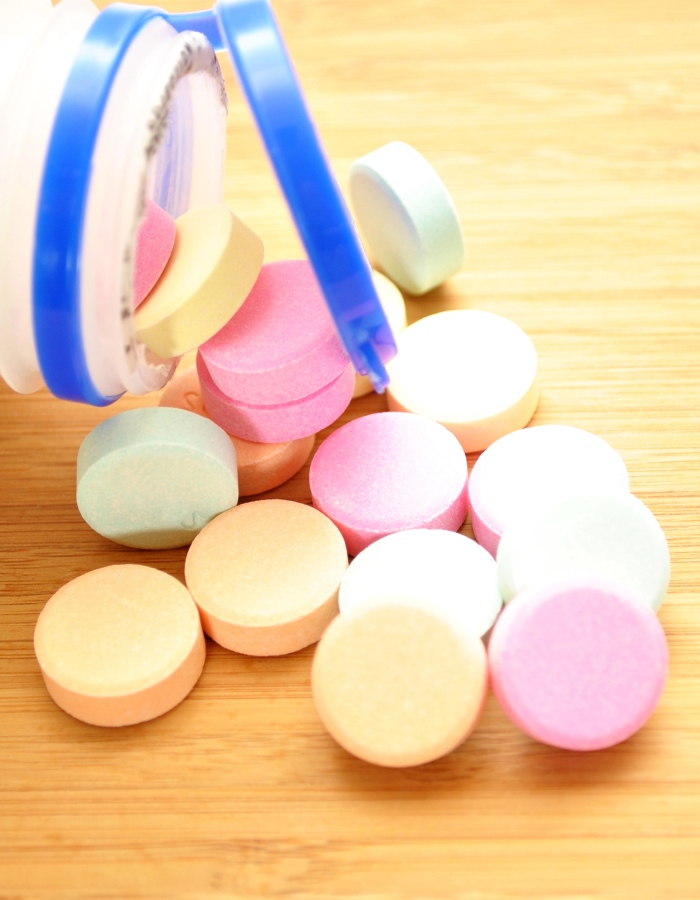

Surgical Options
For individuals with severe GERD that does not respond to medication or lifestyle changes, surgery may be considered:
Fundoplication: Strengthens the lower oesophageal sphincter by wrapping the stomach's upper part around it.
LINX Device: A ring of magnetic beads placed around the lower oesophageal sphincter to prevent reflux.
FAQs About GERD and Acid Reflux
Can GERD be prevented?
Yes, GERD can be prevented by maintaining a healthy lifestyle, avoiding triggers, and addressing risk factors early.
Can I live a normal life with GERD?
Absolutely. With proper treatment and management, most people with GERD can live symptom-free.
Is GERD a serious problem?
If untreated, GERD can lead to complications such as esophagitis, strictures, Barrett’s oesophagus, or oesophageal cancer.
Can GERD heal on its own?
While mild acid reflux might improve with lifestyle changes, chronic GERD usually requires medical intervention.
How can I know if I have acid reflux?
Symptoms like heartburn and regurgitation are telltale signs. Proper testing can confirm the diagnosis.
What food triggers acid reflux?
Common triggers include spicy, fatty, and acidic foods, as well as caffeine and alcohol.
How do you determine if you have acid reflux?
A medical evaluation, often including tests like pH monitoring or endoscopy, can confirm the diagnosis.
Can you self-diagnose acid reflux?
While symptoms can indicate acid reflux, self-diagnosis is not reliable. Accurate testing is essential for effective treatment.
Learn more about reflux

How to Prevent Back Pain Caused by Acid Reflux
Can acid reflux cause back pain? Learn why it happens, the warning signs to watch for, and how to prevent reflux-related back pain naturally and effectively. ...more
Education ,Reflux
January 19, 2026•4 min read

How to Improve Your Sleep When You Have GERD
Struggling with acid reflux at night? Discover tips to sleep better with GERD and reduce nighttime symptoms for restful, pain-free sleep. ...more
Education ,Reflux
June 04, 2025•4 min read

Achalasia: A Symptom of Regurgitation
Achalasia is a swallowing condition where the lower esophageal sphincter (LES) that connects your stomach to your esophagus fails to relax. Read more. ...more
Education ,Reflux
June 02, 2025•5 min read
How Posture Affects Heartburn
Can slouching cause heartburn? Learn how poor posture affects digestion, why it worsens reflux, and how to improve posture to reduce heartburn naturally. ...more
Education
January 26, 2026•4 min read

The 4 Stages of GERD
Learn the 4 stages of GERD, how symptoms progress over time, what advanced GERD looks like, and when to take action to prevent long-term damage. ...more
Education
January 23, 2026•4 min read

How to Prevent Back Pain Caused by Acid Reflux
Can acid reflux cause back pain? Learn why it happens, the warning signs to watch for, and how to prevent reflux-related back pain naturally and effectively. ...more
Education ,Reflux
January 19, 2026•4 min read

Hear from people we’ve helped, just like you.
"Very professional while welcoming and friendly"
"The manner and demeanour of all staff from reception to people carrying out the test was very professional but welcoming and friendly. Atmosphere is very relaxed and all instructions clear and concise."
London Patient

"Highly recommend this"
"Thanks to Dr Hobson and everyone at the Functional Gut Clinic. The whole team is very kind and generous and they are doing things that are cutting edge and they actually get results."
Manchester Patient

"Highly recommend this"
"After stopping my lansoprazole, every time I had a warm drink, I could feel it burn all the way down to my stomach. Thank you to Sam for making me feel at ease." - Manchester Patient

"My experience could not be better"
"Pleasant and knowledgeable staff that made the experience more enjoyable than it should be!" - London Patient

"Very friendly and knowledgeable"
"An excellent service from beginning to end. I would recommend to anyone who was considering having testing done. Very friendly and knowledgeable!" - Manchester Patient

"Very kind and helpful"
"It was also great to have time to talk to the clinicians – very important when you have problems. Reception staff also very kind and helpful." - Manchester Patient

Are you experiencing any other symptoms
Symptoms are often closely connected. Find out more below.
Bloating

Feeling uncomfortably full and tight, excess belching/breaking wind, abdominal pain or gurgling
Constipation

Difficulty going to the toilet, unusual stools, often with stomach ache or intestinal cramps, bloating, nausea or appetite loss
Heartburn

A burning pain in your chest, just behind your breastbone.
The pain is often worse after eating...
Regurgitation
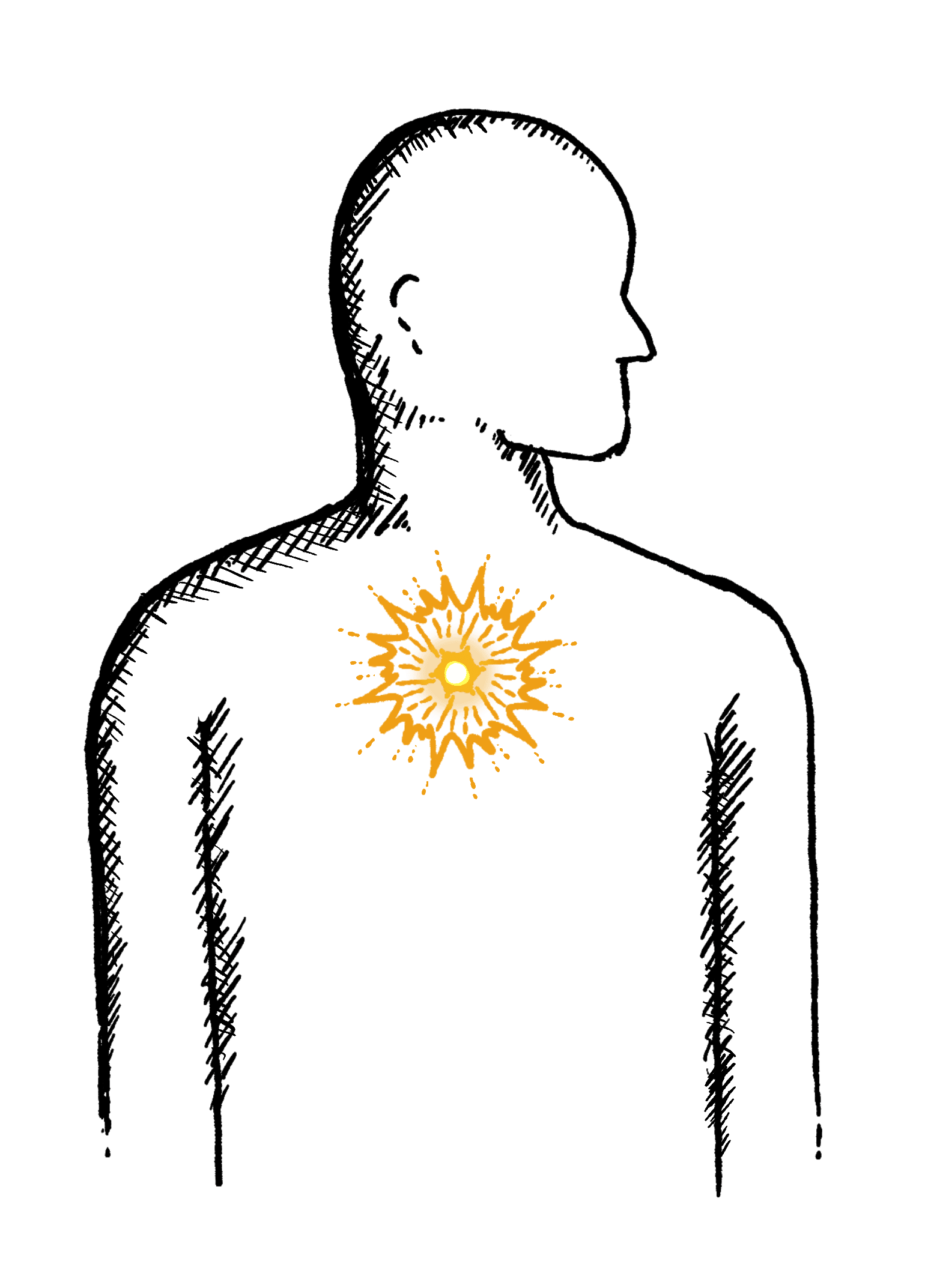
Bringing food or drink back up, difficulty swallowing, feeling that food or drink is stuck in your throat, horrible taste in your mouth
Diarrhoea
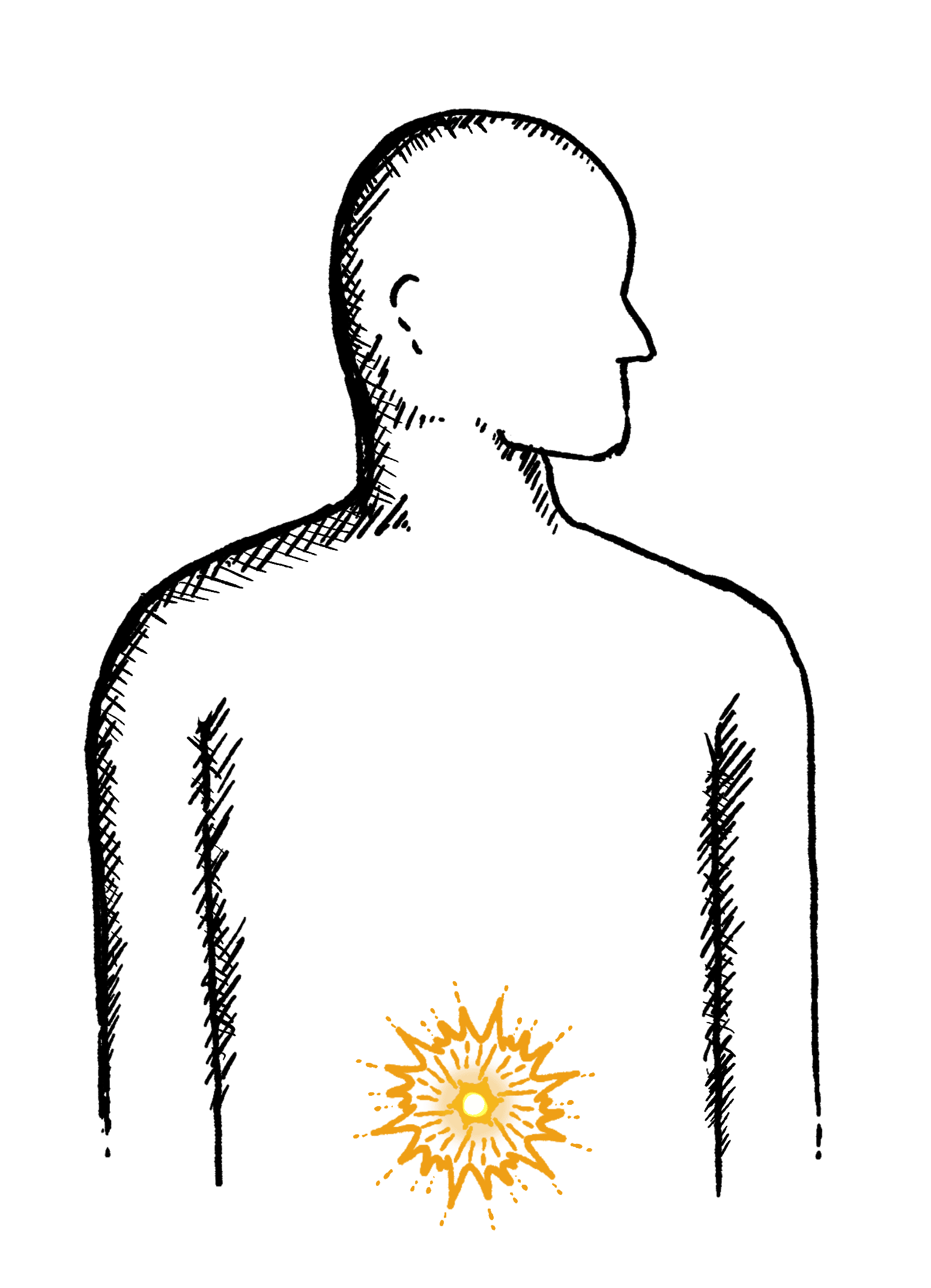
Loose or explosive stools, can’t get to a toilet in time
Swallowing Issues

Dysphagia - difficulty swallowing, feeling that food or drink is stuck in your throat, horrible taste in your mouth
Abdominal Pain

Cramps; sharp or dull pain, Bloating, Excessive belching, Nausea or vomiting
Faecal Incontinence

Stools leak unexpectedly, Can’t get to a toilet in time
IBS

Abdominal pain or cramping, bloating, changes in bowel habits and urgency, gas
